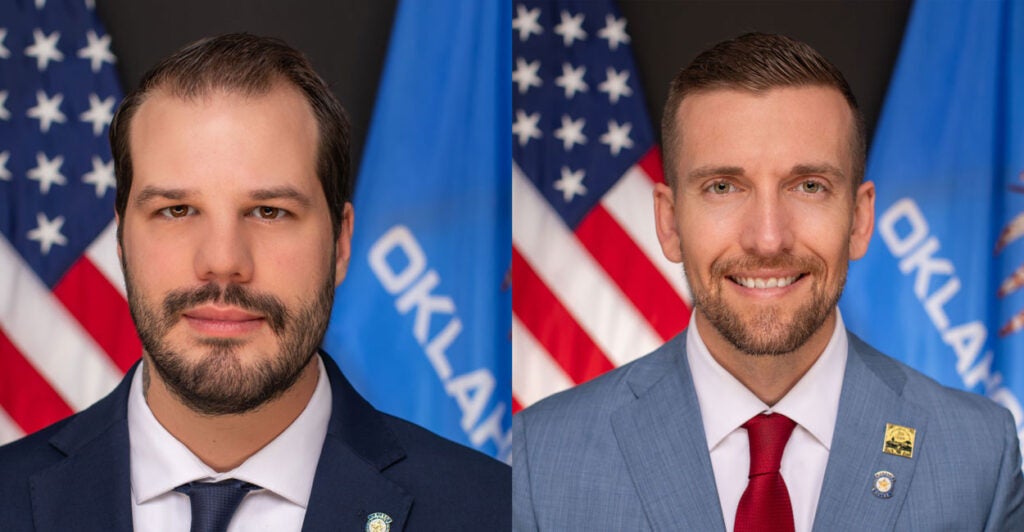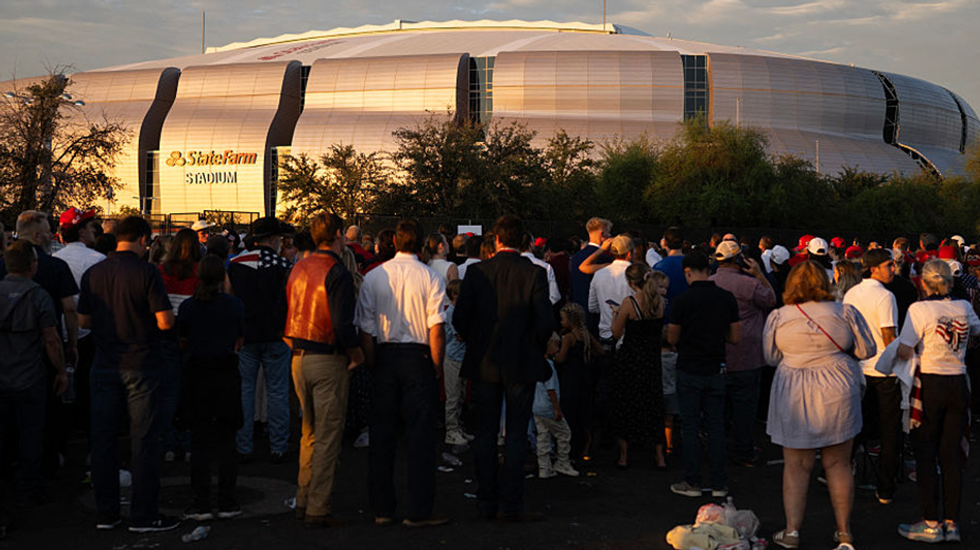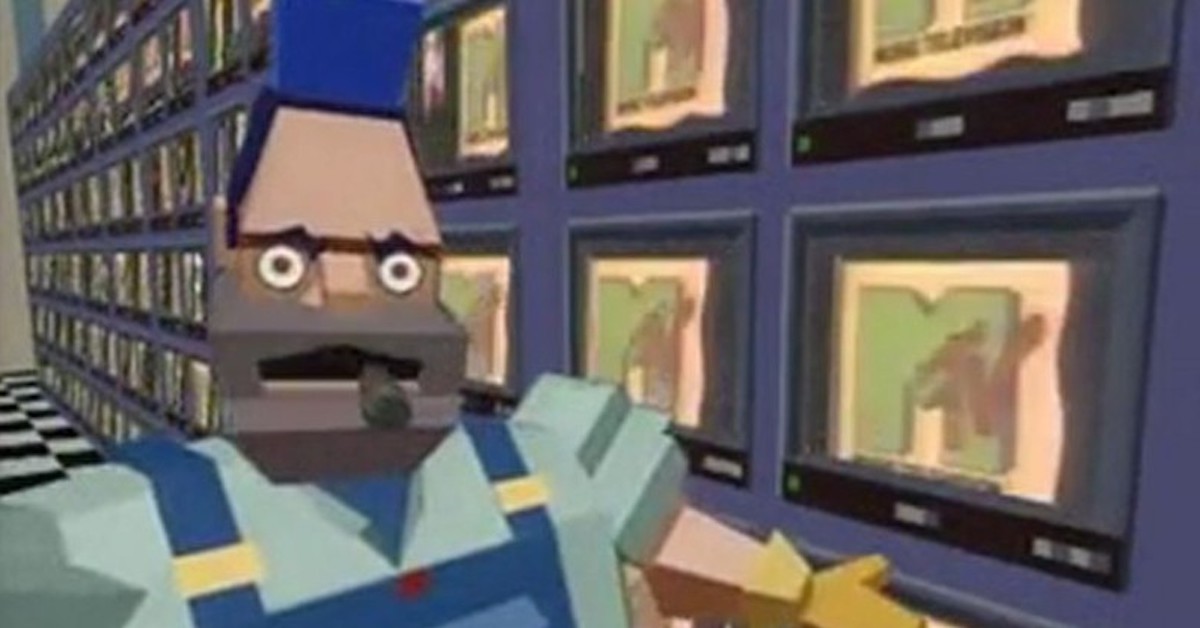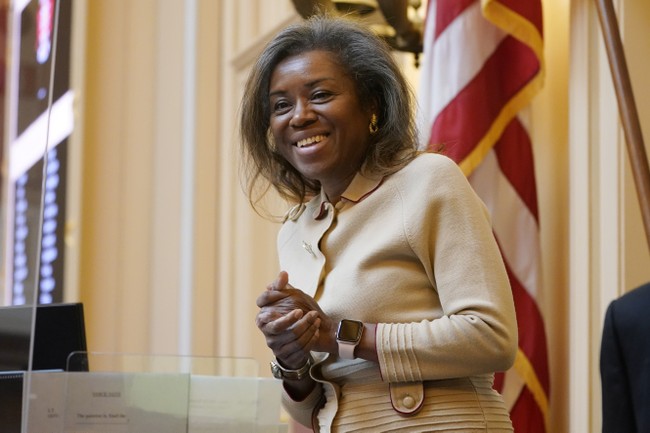
www.theblaze.com
Free speech is more than a slogan. It’s a duty.
Leftists insist that “words are violence.” They also claim that “silence is violence.” Curious. They wield the term “hate speech” as a weapon, though it has no legal definition. It’s a political tool designed for abuse, much like the tactics of China’s Red Guard during the Cultural Revolution.Recent debates over free speech have shown how few Americans — left, right, powerful, or powerless — actually understand what the First Amendment protects. That ignorance is unnerving.Every silence either defends or betrays liberty. Kirk lived and taught that truth. Now, in his absence, we carry that responsibility.To honor Charlie’s legacy, we must defend free speech boldly, graciously, and without compromise.Free speech flows from God’s gift of free will, enshrined by the founders in our nation’s founding documents. As Charlie Kirk once said, “Without free speech, there is no such thing as truth. The moment you silence opposing voices, you destroy the foundation of democracy.”Scripture underscores the responsibility that comes with this freedom. Colossians 4:6 reminds us to speak graciously, with words “seasoned with salt.” Matthew 12:36 warns that we will give an account “for every careless word.” Proverbs 18:21 drives the point home: “Death and life are in the power of the tongue.”We are free to speak, but we will be held accountable.Bondi’s blunderThat accountability is central to the recent firestorm over Attorney General Pam Bondi. Appearing on Katie Miller’s podcast last week, Bondi said, “Hate speech that crosses the line into threats of violence is not protected by the First Amendment. It’s a crime.”Bondi later cited federal statutes criminalizing threats, doxxing, and swatting, promising full prosecution. She framed her argument as a defense of families, freedoms, and Charlie Kirk’s legacy.But Bondi blurred a crucial line. Threats of violence have been crimes for centuries. “Hate speech” doesn’t legally exist. By conflating the two, Bondi gives more ammunition to those who want to criminalize speech they dislike.Kirk himself once wrote: “There’s ugly speech. There’s gross speech. There’s evil speech. And all of it is protected by the First Amendment. Keep America free.” He warned that once “hate speech” becomes a category, it will be used against conservatives first.Consequences, not censorshipFree speech carries consequences, both spiritual and legal. It also carries social consequences, often borne disproportionately by conservatives. Kirk frequently noted that conservatives are branded “bigots” and accused of “hate speech” simply for defending traditional values.The media’s distortion of his words proves the point. Misquotations, half-truths, and selective edits continue to shape his legacy. Not long ago, speaking ill of the dead — especially the innocent — was taboo. Today, it is routine.Government-sanctioned propagandaThe erosion of free speech didn’t happen overnight. In 2012, Congress passed the Smith-Mundt Modernization Act, allowing government propaganda once restricted to foreign audiences to target Americans directly.Since then, administrations — especially Joe Biden’s — have funneled taxpayer-funded messaging into “news” outlets indistinguishable from government press releases. That’s what Trump meant when he labeled the media “fake news.” It’s not just bias. It’s legalized propaganda.The results are obvious: riots over George Floyd but prayer vigils after Charlie Kirk’s assassination. Manufactured outrage for causes the left elevates, silence for causes it despises.The algorithmic censorCorporate media is only half the machine. Social media algorithms do the rest. Conservatives (myself included) face shadow bans and throttling for speaking truth. Posts about Iryna Zarutska’s stabbing death get sanitized into euphemisms like “poked” or “unalived” to avoid suppression. Kirk’s assassination was reduced online to being “pew pewed.”RELATED: The market fired Jimmy Kimmel Photo by Ethan Miller/Getty ImagesLanguage itself has been contorted. Political correctness has turned serious matters into absurdist code words. Kirk once warned: “Political correctness is the most deadly of political weaponry.” He was right. If this continues, truth itself will become unspeakable.Cancel culture vs. accountabilityThe left wants to erase the difference between cancel culture and accountability. Cancel culture punishes thought, speech, or belief without moral or legal justification. Accountability punishes advocacy of violence. When employees cheer assassination or call for murder, employers have every right to fire them. That is not tyranny. That is justice.Failing to distinguish between the two plays into the left’s hands. It allows them to conflate legitimate accountability with censorship, further eroding free speech.The duty to speakTo honor Charlie’s legacy, we must defend free speech boldly, graciously, and without compromise. Free speech is not merely a constitutional right; it is a moral duty.Every silence either defends or betrays liberty. Kirk lived and taught that truth. Now, in his absence, we carry that responsibility. Speak now — bravely, responsibly, and without fear — so that the freedoms Charlie cherished endure for generations.

















